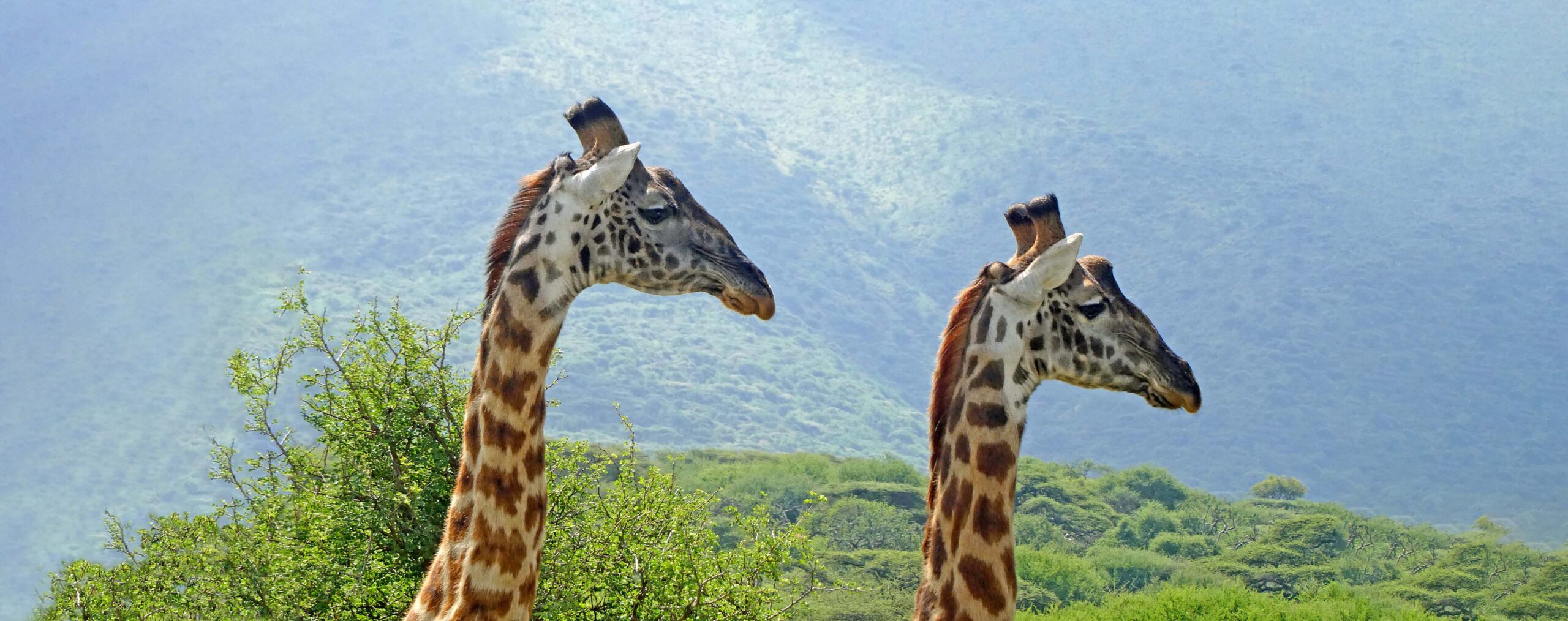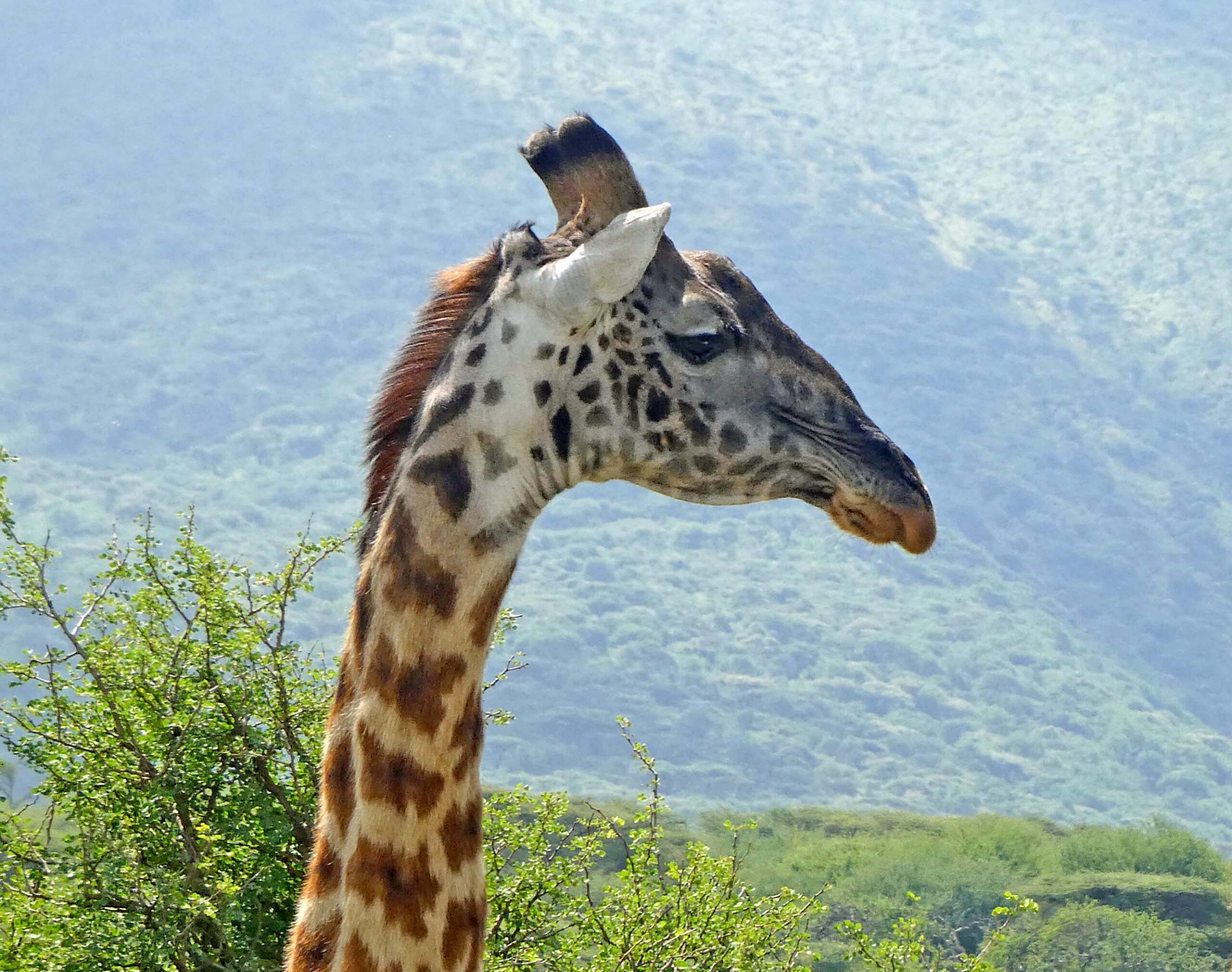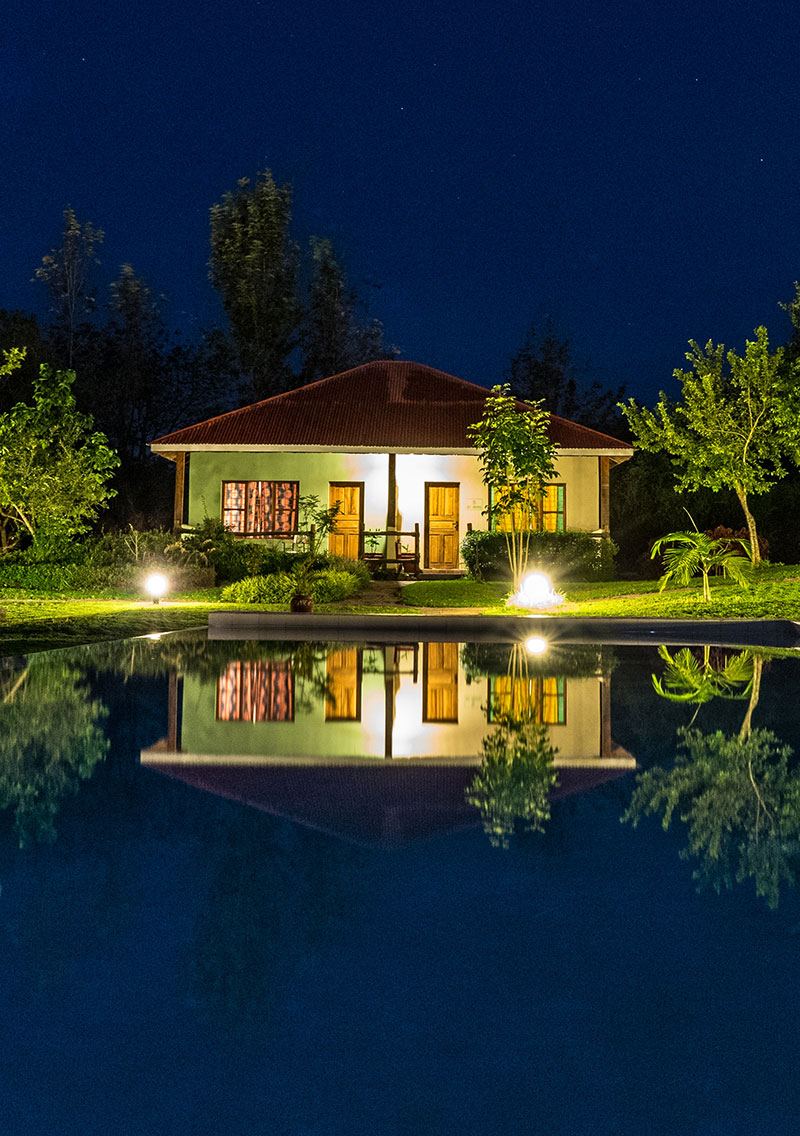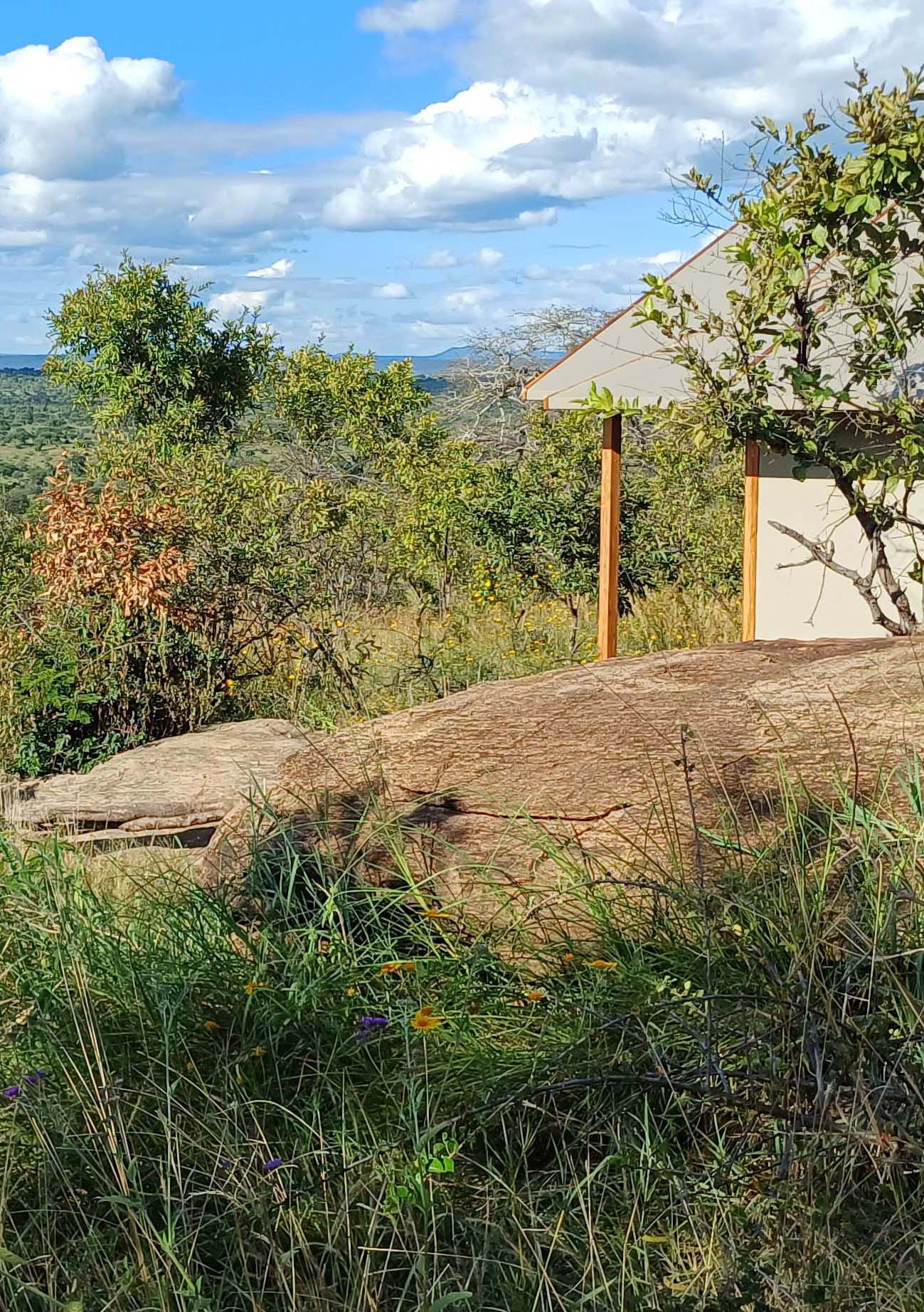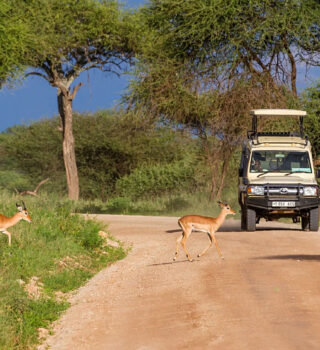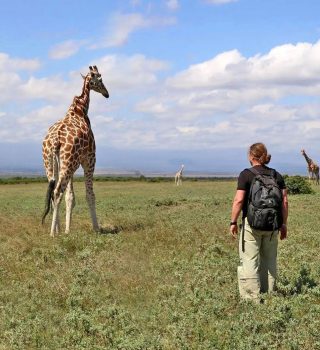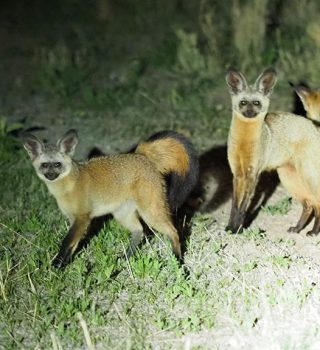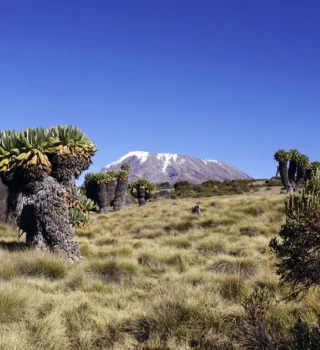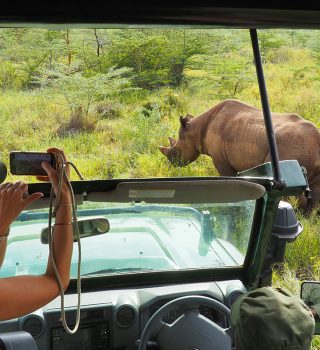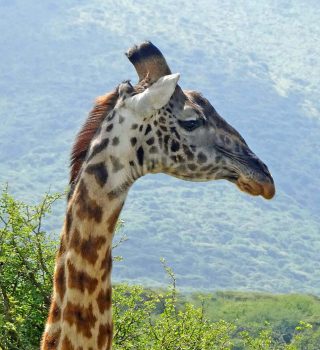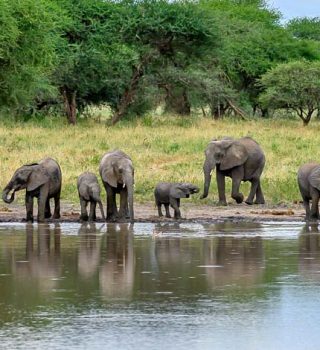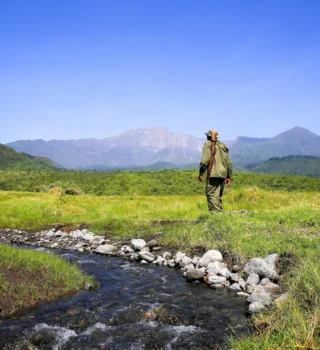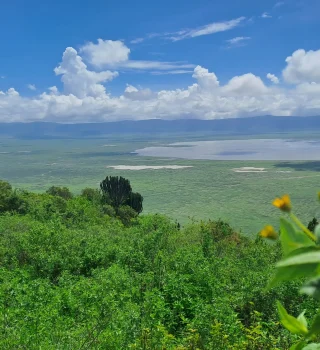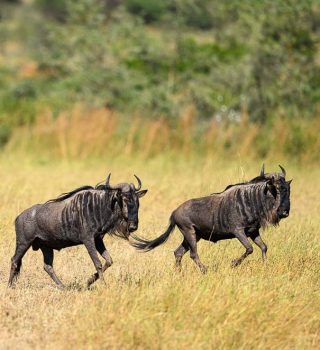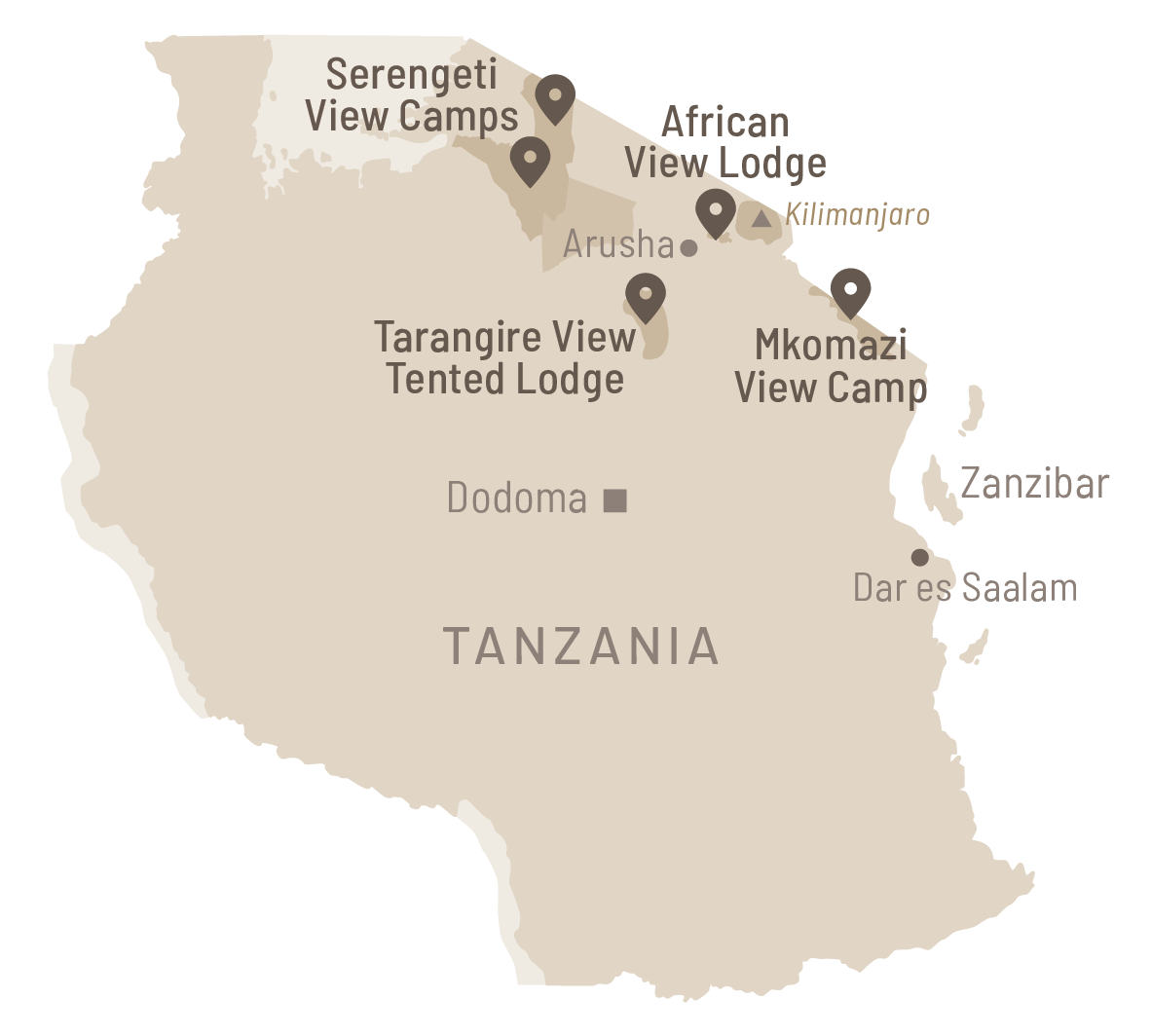Lake Manyara National Park
Lake Manyara National Park
Stretching for 50 km along the base of the rusty-gold 600-meter high Rift Valley escarpment, Lake Manyara is a scenic gem. The compact game-viewing circuit through Manyara offers a virtual microcosm of the Tanzanian safari experience. From the entrance gate, the road winds through an expanse of lush jungle-like groundwater forest where hundred-strong baboon troops lounge nonchalantly along the roadside, blue monkeys scamper nimbly between the ancient mahogany trees, dainty bushbuck tread warily through the shadows, and outsized forest hornbills honk cacophonously in the high canopy.
Contrasting with the intimacy of the forest is the grassy floodplain. Large buffalo, wildebeest and zebra herds congregate on these grassy plains, as do giraffes – some so dark in coloration that they appear to be black from a distance. Inland of the floodplain, a narrow belt of acacia woodland is the favoured haunt of Manyara’s legendary tree-climbing lions and impressively tusked elephants.
Manyara provides the perfect introduction to Tanzania’s bird life. More than 400 species have been recorded.
Highlights include thousands of lesser and grater flamingos on their perpetual migration, as well as other large waterbirds such as pelicans, cormorants and various herons and storks.
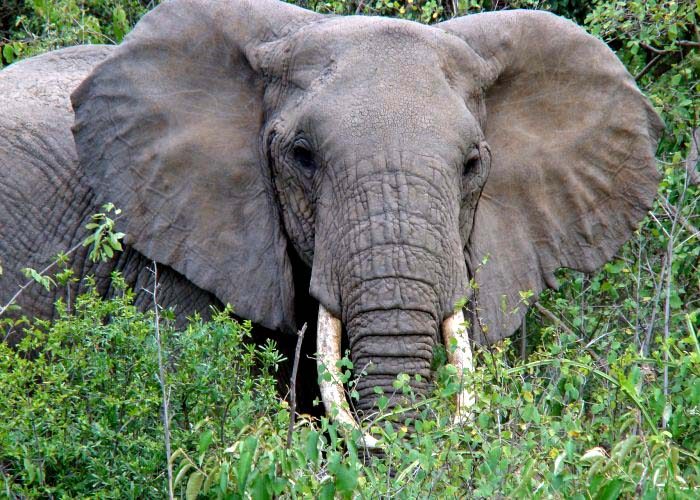
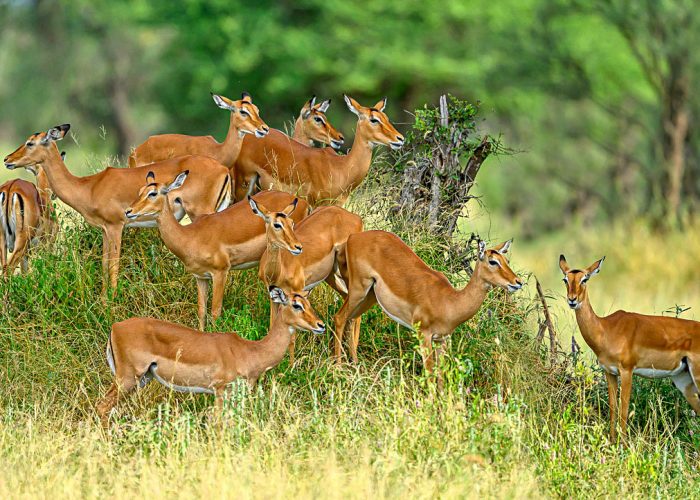
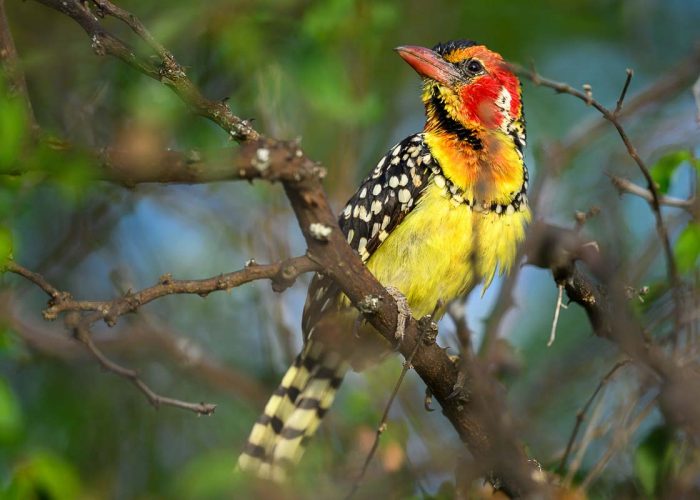
Location / Getting there
The entrance gate lies 2.5 hours (130 km) west of Arusha along surfaced road, close to the ethnically diverse market town of Mto wa Mbu.
Best time to travel
Dry season (July to October) for large mammals. Wet season (November to June) for bird watching, the waterfalls and canoeing.
Lake Manyara NP can be visited from these accommodations
Activities
Game drives, night game drives, walking safaris and canoeing when the water levels is sufficiently high. Cultural tours, mountain bike tours and forest walks on the escarpment are offered outside the park.
